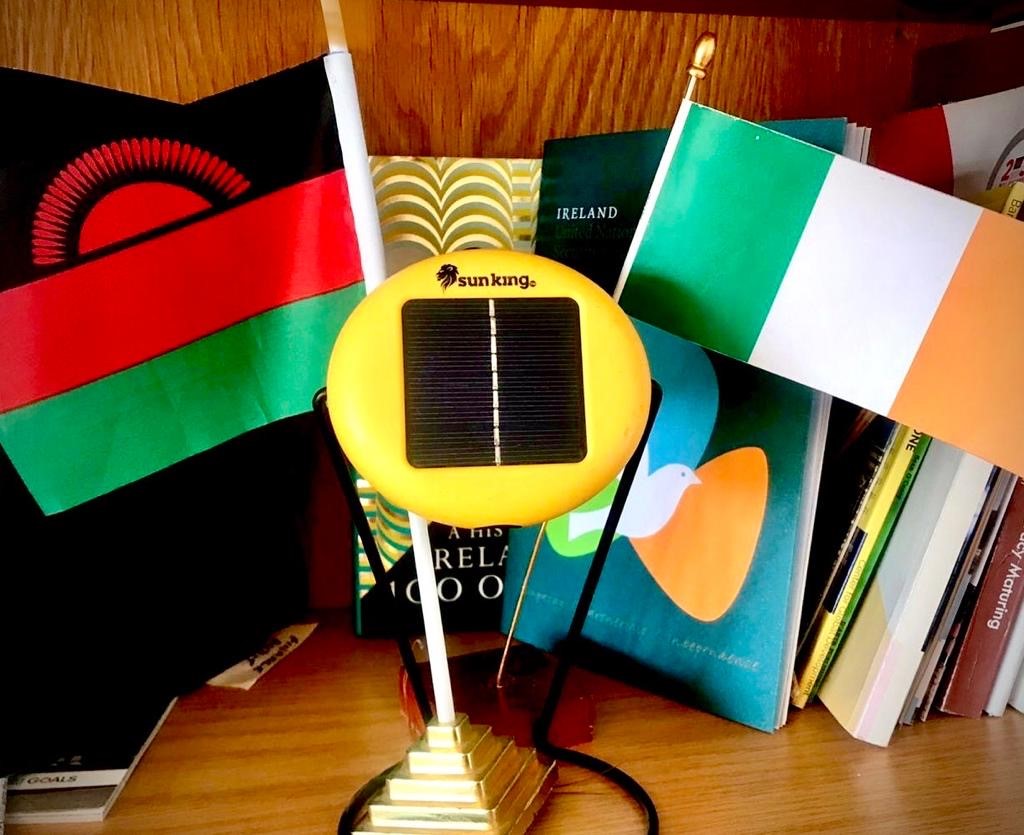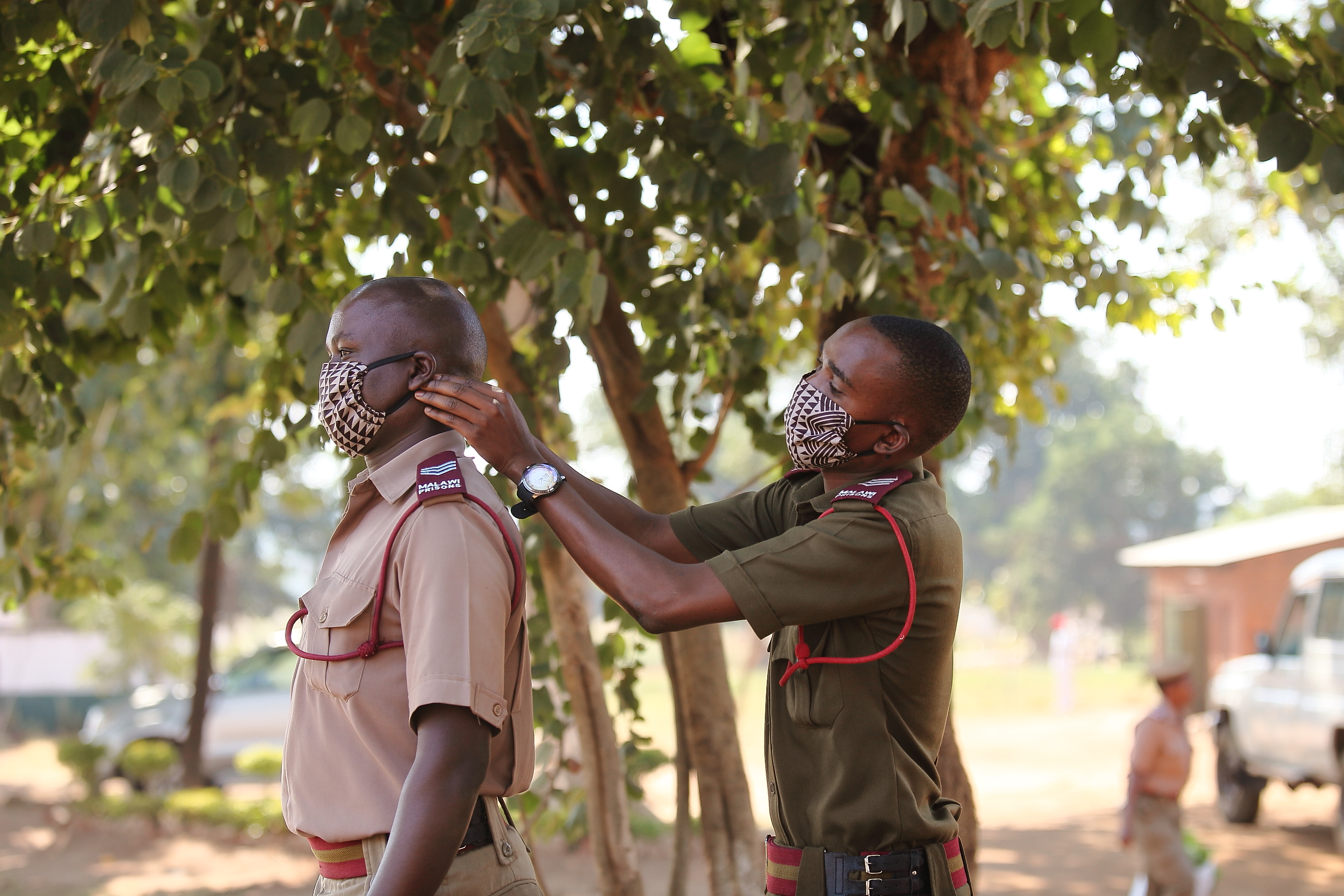Ireland to provide solar lamps to 14,500 households in Ntcheu District
Press release
12 June 2020
Last week at the Embassy of Ireland, we celebrated World Environment Day and this week, we are happy to announce our continued partnership with local enterprise Sunfire Energy and Ntcheu District Council, which will see all 14,500 Mtukula Phakomo households in the district receive energy saving lamps in the coming weeks. The same households will also receive 72,500 cloth face coverings to assist in the fight against Covid-19.
In Malawi, the use of solar energy is surging in response to continued low electrification, and a growing appreciation of the value of renewable energy sources. Affordable lighting is an indispensable need for any household, while sustainable off-grid solutions such as solar lighting offer a real solution for the 96% of the country’s rural households that are not yet connected to the national grid.
Small, portable solar lamps are cheaper and more reliable than battery powered torches and a safer and healthier alternative to kerosene lamps. Kerosene lamps produce fumes that may cause respiratory problems and are a common source of accidental burns and house-fires.
The planned distribution will target ultra-poor households enrolled on the Social Cash Transfer Programme, Mtukula Phakomo, which is supported by Irish Aid.
“Social Cash Transfer beneficiaries are in a bracket of the population who are at the base of the pyramid. Without our help, they can’t access the cleaner solar lighting options owing to competing priorities: the need to buy food for survival today and keep their children in school” explained Yamungu Botha, Managing Director of Sunfire Energy.
He added: ‘It is for this reason that we joined forces with the Irish Embassy to reach out to this vulnerable section of the population. As an added bonus, for each solar lamp given free, we anticipate that peer influence and exposure to the technology will trigger other better-off households to invest in a lamp.”
Irish Embassy staff member Chikumbutso Kilembe leads on the management of this project. He noted the following:
“At the embassy, we are confident that the provision of these solar lamps will reduce pressure on household budgets from the savings made on kerosene and batteries. On top of this, many school-going children will benefit from being able to study, safely, at home each evening. This is an investment into our future. I have young children myself, I am thinking also of their future. I’m convinced that this type of project is necessary to secure a better life for them too.”
He continued:“We have provided solar lights to families in Balaka district previously and I am delighted to see that these lights were very popular and are still in everyday use. In keeping with our commitments to protect the environment, reduce unnecessary household spending, and make homes healthier, we have also distributed energy efficient chitetezo mbaula to all Mtukula Phakomo households in Ntcheu and Balaka district. That’s a lot of money and trees saved already!
Both the Embassy and Sunfire recognise the risk that Covid19 brings to general wellbeing of Malawians, especially the elderly, sick or chronically ill participants on the Mtukula Phakomo. Working in close collaboration with our colleagues in Ntcheu District, the distributions will be carefully managed using physical distancing and hand-washing facilities will be provided. During the distribution, beneficiaries will receive re-usable cloth face coverings for themselves and other household members. The face coverings will be worn during the distribution and at any other time over the coming months when a beneficiary may need to go to the market or visit a clinic. In total, 72,500 cloth face coverings will be distributed.



